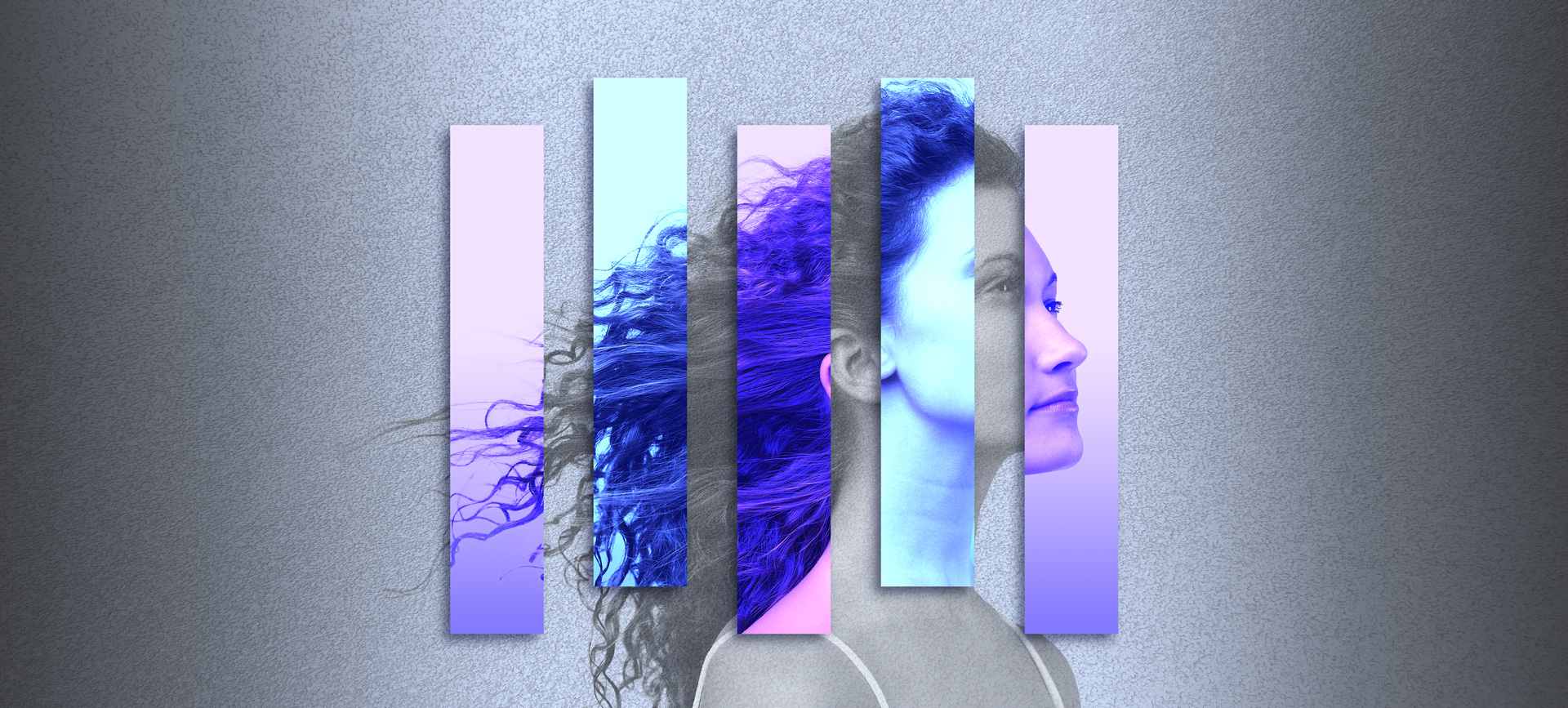A study by the American Psychological Association recruited 49,093 Americans ages 18 and above. The researchers studied participants' lifetime mental history and their mental health over the previous 12 months.
"Women were found to be more likely than men to suffer from depression and anxiety," said Deborah Lee, M.B. Ch.B., a sexual and reproductive health specialist at Dr Fox, an online doctor and pharmacy service in the United Kingdom. "In comparison, men were more likely to engage in substance abuse or be affected by antisocial personality disorder."
The authors noted that women with anxiety tend to internalize emotions and become lonely and withdrawn. On the other hand, men tend to become aggressive, impulsive and display unpleasant behavior.
Seeing there are differences when it comes to men and women and mental health raises questions. Why might women have different triggers? What emotional and physical effects might those triggers have?










